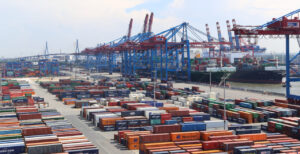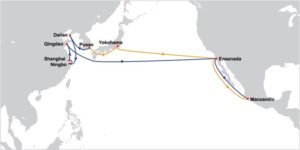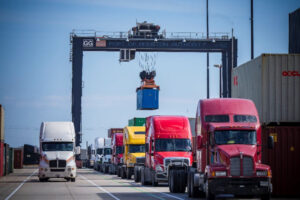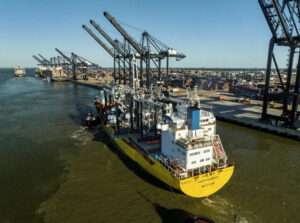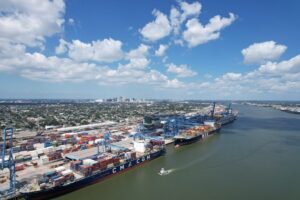After evading capture, the North Korean flagged vessel Morning Glory was seized by US Navy SEALs in international waters as it attempted to escape with almost US$36 million in crude oil.
The seizure follows what has been a tense stand off between the Libyan government and a number of militia groups in the controlling of a number of Oil depots.
For the past six months, Ibrahim Jathran and his men have remained in control of three key ports along the eastern coast – Zueitina, Ras Lanuf, and Es-Sider.
It is the latter of the three, Es-Sider that has been the centre of events. Two weeks ago, a suspicious North Korean flagged vessel named Morning Glory arrived via the Suez Canal.
Despite warnings from the Libyan central government, the vessel managed to load at least 234,000 barrels of crude oil.
The vessel evaded capture, much to the embarrassment of the official government and, now former, Prime Minister Ali Zeidan, who has since been relieved of his duties following the incident, fleeing to Germany seeking asylum.
Tripoli was quick to seek assistance from both the American and Cypriot government in order to take control of the situation.
The vessel was captured by US Navy SEALs off the coast of Cyprus late on Sunday.
According to an official Pentagon statement, the operation, in which a SEALs team sent from the USS Roosevelt with helicopter support, resulted in zero casualties and the successful capture of the rogue vessel.
It is believed that the vessel, now under US control, will be sent back to Libya, where it will be returned to government forces.
Originally thought to be under the service of a Saudi-based company it is now believed that the vessel was operated by an Egyptian company located in Alexandria.
North Korean officials have denied any association to the vessel.
According to North Korean state news agency KCNA, the vessel was allowed to temporarily use the North Korean flag under contract with Pyongyang.
The agency went onto say that the ships Korean registry had since been deleted and that the ship “had nothing to do with Korea” who has “no responsibility whatsoever as regards the ship.”
Prior to the vessels capture, Libyan rebels were considering talks to abandon their blockade against the official government, if Tripoli called off plans for military intervention.
Speaking to Reuters, Abb-Rabbo al-Barassi, self-declared prime minister of the autonomous movement, said that talks could only resume between the two parties if pro-government forces were pulled out of the eastern region of Libya.
Since the fall of the Gaddafi regime in 2011, factions have risen up seeking autonomy and a return to the Idris-era style of rule, whereby each region of Libya would receive shares from the sale of oil.
The resulting fracturing has all but decimated the Libyan oil industry. Exports have dropped to 200,000 barrels of oil per day (opd) a year. This is miniscule when compared to the 1.4 million opd last July.

